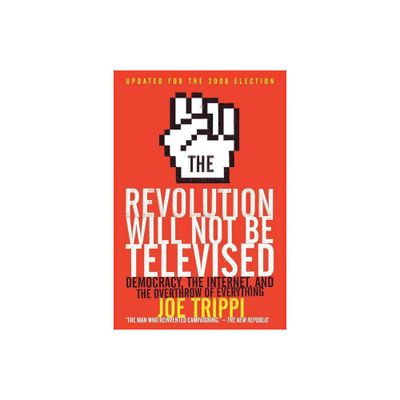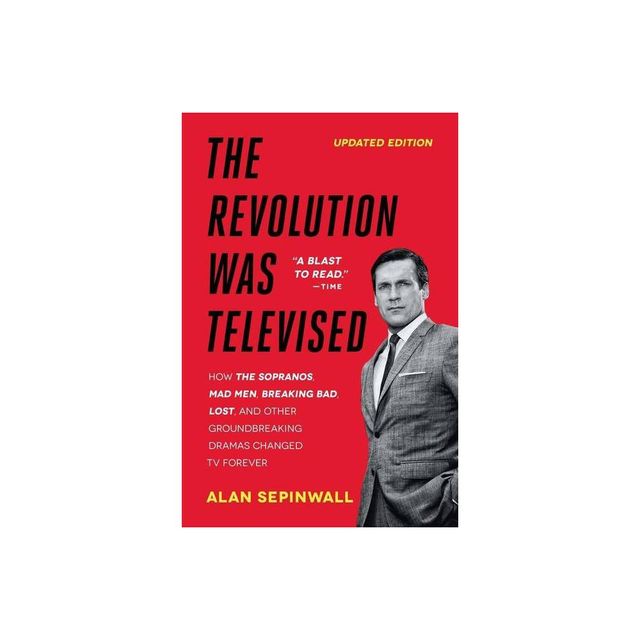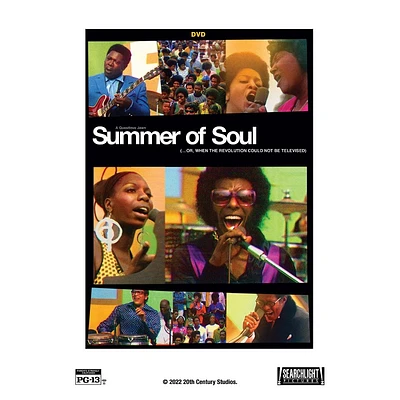Home
Summer of Soul (... Or, When the Revolution Could Not Be Televised): A Docalogue
Loading Inventory...
Barnes and Noble
Summer of Soul (... Or, When the Revolution Could Not Be Televised): A Docalogue
Current price: $66.99


Barnes and Noble
Summer of Soul (... Or, When the Revolution Could Not Be Televised): A Docalogue
Current price: $66.99
Loading Inventory...
Size: Hardcover
*Product Information may vary - to confirm product availability, pricing, and additional information please contact Barnes and Noble
The fifth title in the Docalogue series, this book examines Ahmir “Questlove” Thompson’s 2021 documentary,
Summer of Soul (…Or, When the Revolution Could Not Be Televised)
.
The award-winning film draws on archival footage and interviews to examine the legacy of the Harlem Cultural Festival, a showcase of Black music staged weekly throughout the summer of 1969. The film interrogates this event as a piece of “forgotten” history and prompts critical reflection on why this history was lost while also raising important questions related to archival preservation and cultural memory. Combining five different perspectives, this book acts both as an intensive scholarly treatment and as a pedagogical guide for how to analyze, theorize, and contextualize a documentary. Together, the essays in this book touch upon key topics related to the study of popular music, musical performance, and audiences; the discovery and reuse of archives and archival documents; and Black studies and American cultural history more broadly.
This book will be of interest to students and scholars in multiple areas including but not limited to archival studies, Black studies, cultural studies, documentary studies, historiography, and music studies.
Summer of Soul (…Or, When the Revolution Could Not Be Televised)
.
The award-winning film draws on archival footage and interviews to examine the legacy of the Harlem Cultural Festival, a showcase of Black music staged weekly throughout the summer of 1969. The film interrogates this event as a piece of “forgotten” history and prompts critical reflection on why this history was lost while also raising important questions related to archival preservation and cultural memory. Combining five different perspectives, this book acts both as an intensive scholarly treatment and as a pedagogical guide for how to analyze, theorize, and contextualize a documentary. Together, the essays in this book touch upon key topics related to the study of popular music, musical performance, and audiences; the discovery and reuse of archives and archival documents; and Black studies and American cultural history more broadly.
This book will be of interest to students and scholars in multiple areas including but not limited to archival studies, Black studies, cultural studies, documentary studies, historiography, and music studies.


















